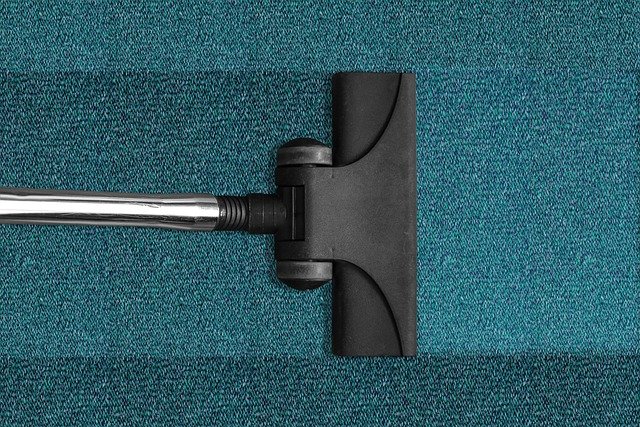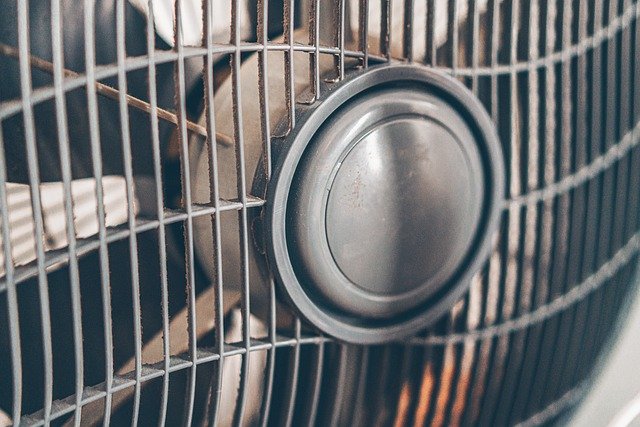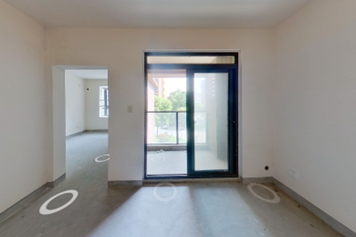[China: World Residence Tour] Different air conditioner choices for different spaces and regions
- Release date: May 28, 2021
- Update date: Sep 05, 2025
- 12472 Views
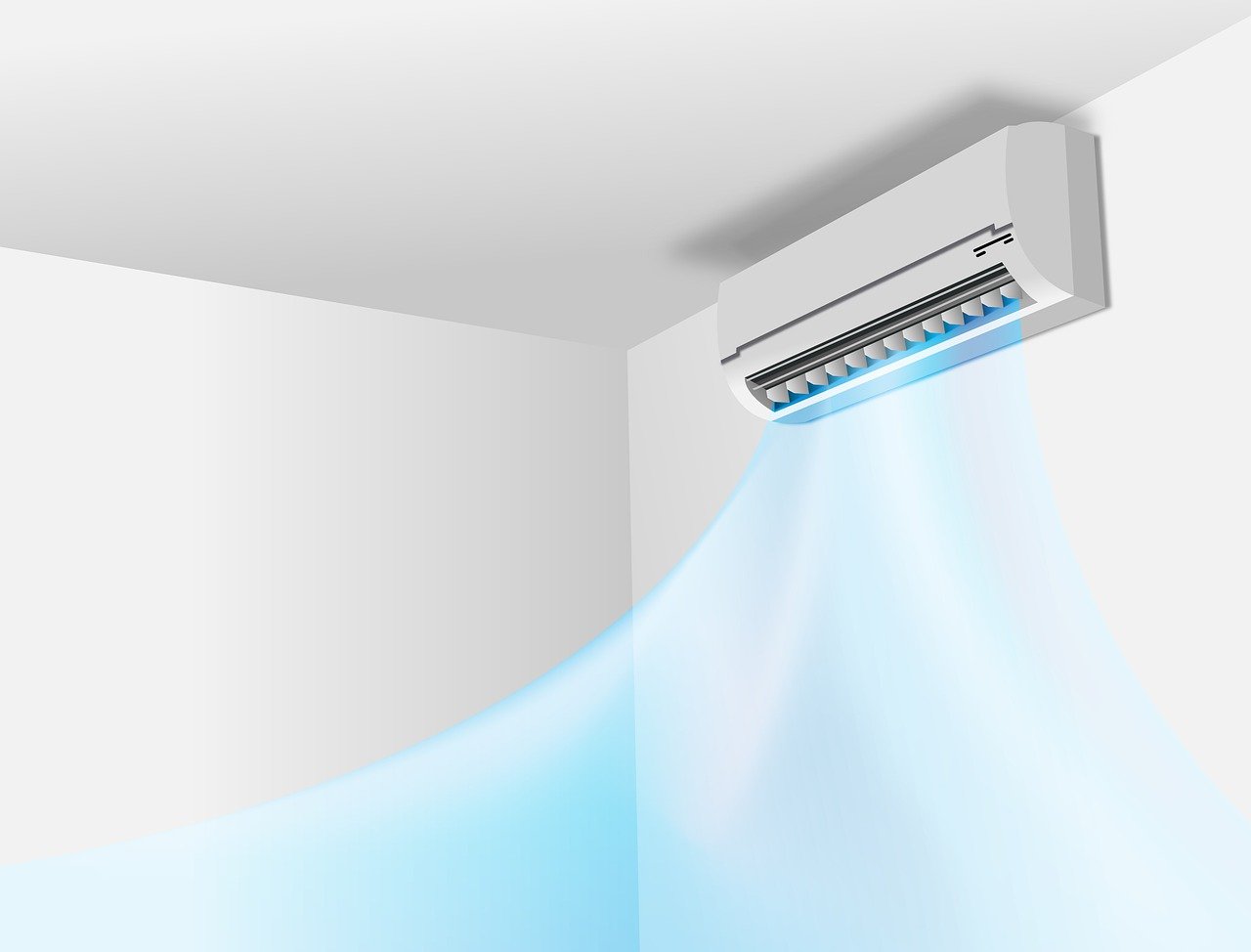
Floor-mounted air conditioners are also used in homes.
In Japan, the term "home air conditioner" almost always refers to a wall-mounted air conditioner (although cassette-type air conditioners are also found in some high-end homes). Floor-mounted air conditioners are more for commercial use. However, in China, not only wall-mounted air conditioners, but also floor-mounted air conditioners are used for general home use. Wall-mounted air conditioners are widely used and are installed in bedrooms and living rooms. On the other hand, floor-mounted models are basically installed in living rooms. Compared to wall-mounted air conditioners, floor-mounted air conditioners, while occupying more floor space, are structurally capable of blowing air more horizontally and have a higher air volume than a typical wall-mounted air conditioner, which helps to lower the room temperature more quickly. For this reason, there are quite a few cases of floor-mounted air conditioners being used in living rooms with large areas and in homes where families spend a lot of time together in the living room. Another difference from Japan is the placement of the outdoor unit. As I explained in the 4th column, in Japan, outdoor units are usually placed on the balcony, but in China, they are often placed on the outside wall, no matter how high the apartment is.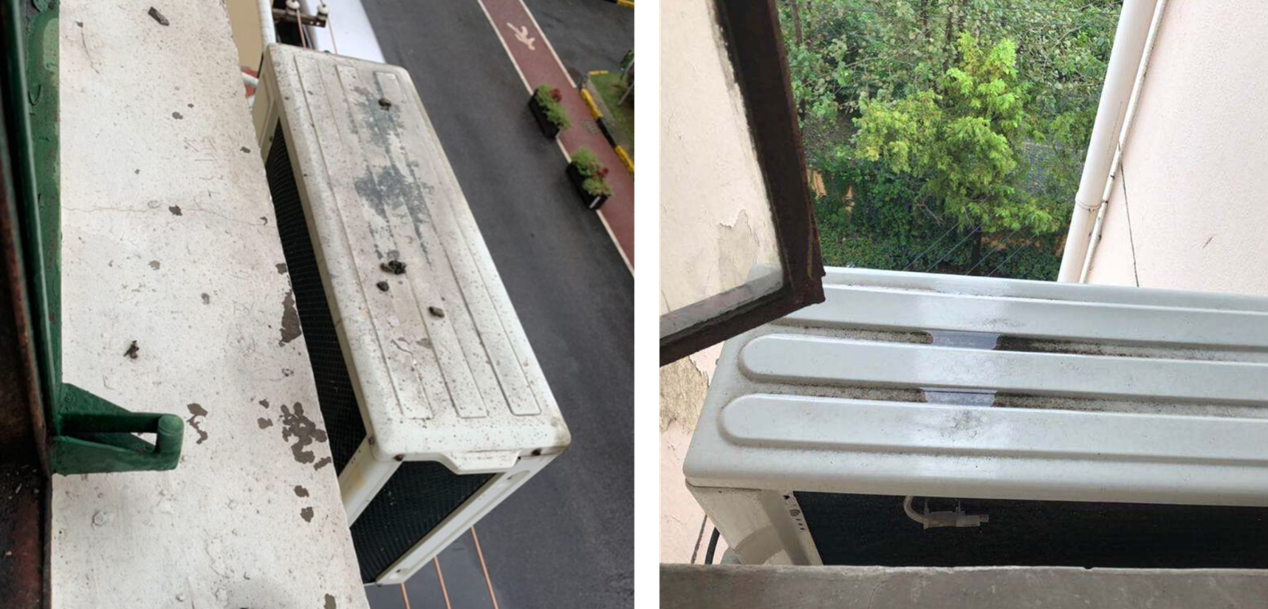
Outdoor unit attached to an exterior wall
(Source: Lifestyle database (Consumer Life Panorama))
What is Consumer Life Panorama?
This is a website-type database that has accumulated visual data on more than 1,000 sei-katsu-sha from 18 countries around the world. The database includes many 3D models of living environments and 2D data of items owned by each sei-katsu-sha, and is useful for understanding overseas sei-katsu-sha, which is difficult to grasp using only letters and numbers.
Using visual data such as those cited in this column,
Compare the differences in the attributes of overseas consumers
To get a realistic understanding of the actual usage of each category
To understand the overall lifestyle of target consumers
etc., can be utilized as a “no-go” home visit survey.

Air conditioning situations differ greatly between the north and south.
Due to the large land area of China, there is a large temperature difference between the north and the south. As a result, there are differences in the needs for air conditioners in different regions. First of all, in the north, especially in the northeast, air conditioners are still not as popular as in the south. But that doesn't mean that they can't afford air conditioners for economic reasons. As a matter of fact, in the northern part of China, there is an centralized heating season that starts roughly in November every year. This centralized heating is a system in which the government, through a specialized company, provides a centralized heat supply using heating pipes installed in each home. As a result, although it is cold outside in the winter, the room temperature is basically maintained above 16 degrees Celsius. Also, due to the fact that summers are relatively cool, air conditioners have not been so prevalent. However, in recent years, due to global warming, summers have become hotter even in the northeastern region, and more and more households are gradually purchasing air conditioners. On the other hand, in the South China region, especially in Guangdong Province and other areas known as the Lingnan region, the summers are hot and humid, but the winters, on the contrary, are not so cold. Therefore, in such regions, it is common to employ air conditioners with only the cooling function for the muggy summer heat, since the winter can be tolerated without the use of air conditioners. However, there are signs that air conditioners with heating functions are also being bought, as the abnormal weather conditions in recent years have caused the temperature to occasionally drop below 5 degrees Celsius even in Guangdong. As mentioned above, it can be seen that the needs for air conditioners vary considerably from region to region in China. However, a new change in recent years has been the increase in abnormal weather conditions, which has had a new impact on the differences between regions. Translated with AI Translator-
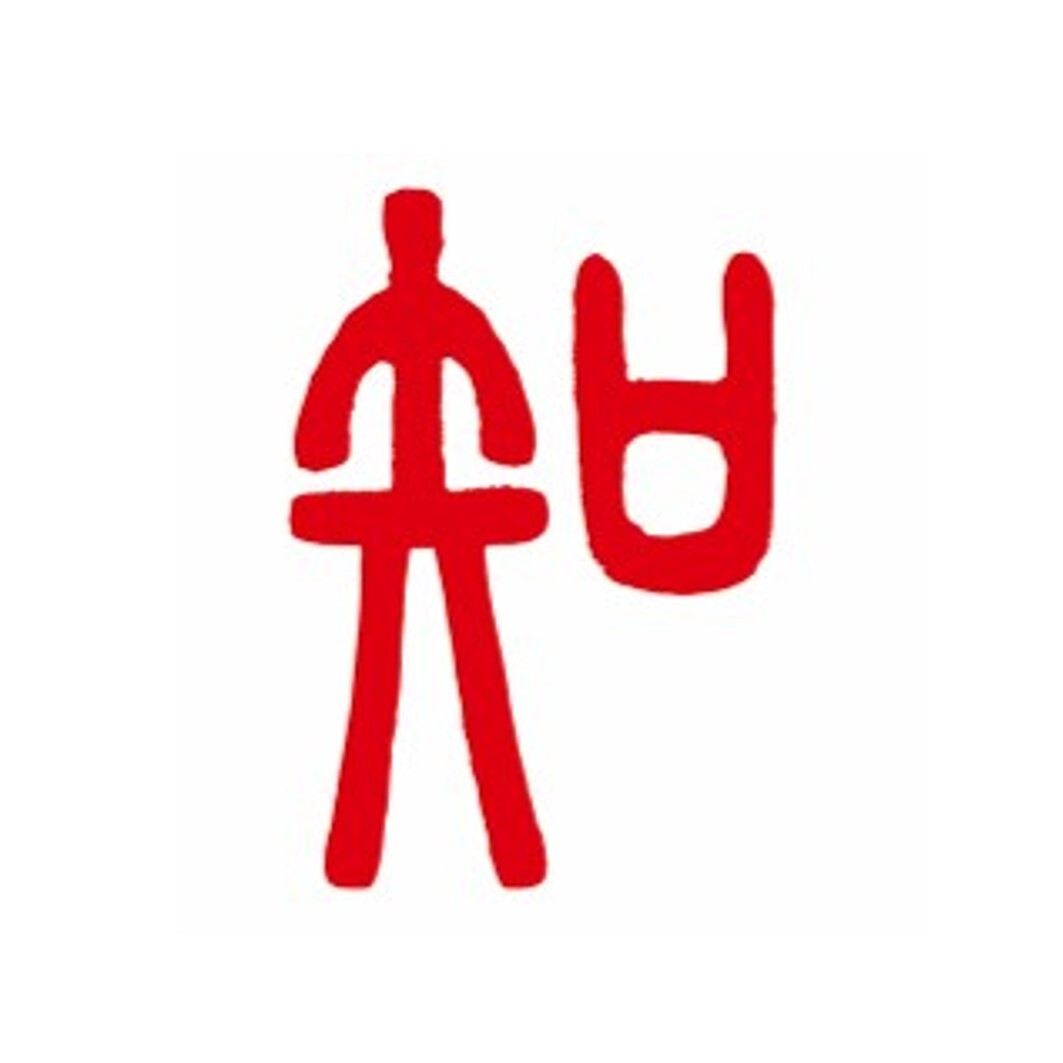
Author profile
(Mr.) Yang Yan
A Chinese researcher living in Japan, providing information on the living conditions of overseas consumers, mainly of Chinese consumers. This winter has been quite warm, so my use of heating was surprisingly not high.
-

Editor profile
(Mr.) Yusuke Tatsuda
Responsible for building the Global Market Surfer website. It is common for parents in Southeast Asia to install air conditioners in their children's bedrooms. I recently heard from my parents that they had purchased their first air conditioner when I was born, which makes me feel their parental love for me.
 Global Market Surfer
Global Market Surfer CLP
CLP
